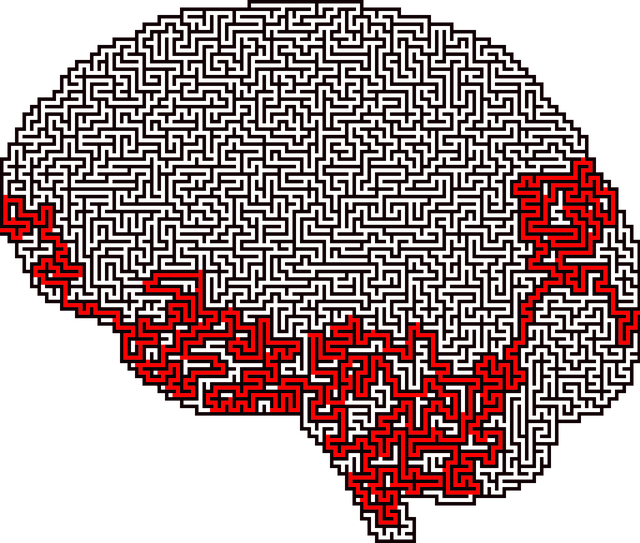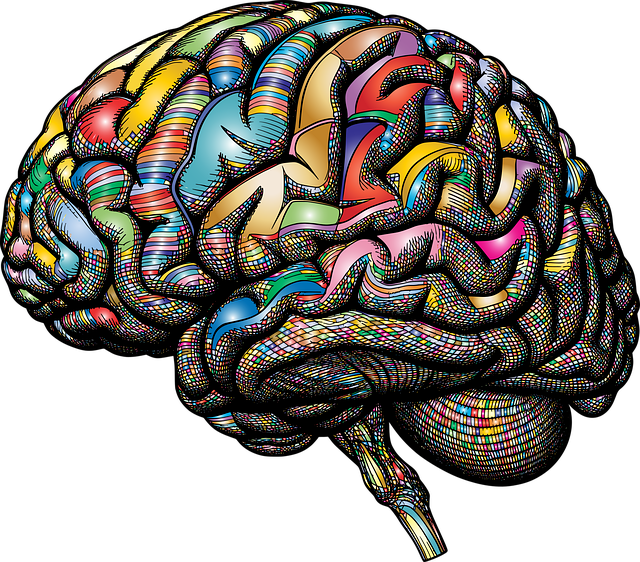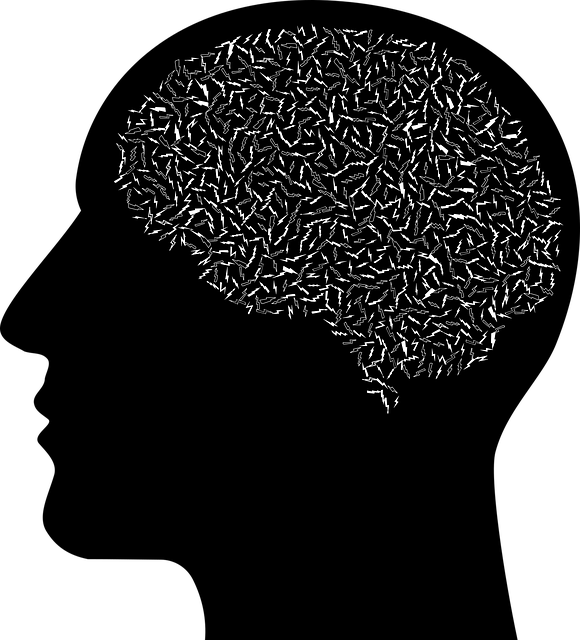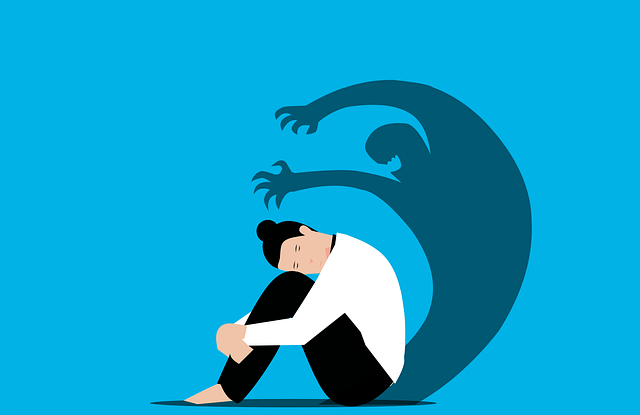Stress significantly impacts individuals with Functional Neurological Disorders (FND), especially elders, exacerbating symptoms and increasing anxiety and depression. Effective therapy involves understanding this relationship and tailored interventions like self-care practices and mental wellness journaling to enhance inner strength. Mindfulness techniques and structured journaling help manage stress triggers, fostering resilience and a deeper understanding of inner strength. Elderly care programs focusing on emotional intelligence development, cognitive function, and relaxation reduce stigma and empower seniors to seek help. Therapy using methods like Cognitive Behavioral Therapy (CBT) and mindfulness practices helps older adults manage stressors and prevent burnout, improving mental wellness and quality of life. Creating a stress-reducing routine involving journaling, mindfulness, exercise, nature engagement, and sleep is crucial for managing FND and promoting overall well-being.
Stress management is crucial for elderly individuals with Functional Neurological Disorders (FND), as stress can exacerbate symptoms and impact overall well-being. This article explores effective strategies to combat stress among seniors, focusing on therapeutic interventions tailored to their unique needs. We delve into the benefits of therapy as a teaching tool, providing relaxation techniques accessible for daily practice. Through practical tips and insights, we aim to empower caregivers and healthcare professionals in implementing sustainable stress-reducing routines for improved quality of life. Discover evidence-based approaches to support elders with FND in navigating stress.
- Understanding Stress and Its Impact on Elders with Functional Neurological Disorder
- Exploring Effective Stress Management Techniques for Seniors
- The Role of Therapy in Teaching Elderly Individuals Relaxation Strategies
- Practical Tips to Implement and Maintain a Stress-Reducing Routine
Understanding Stress and Its Impact on Elders with Functional Neurological Disorder

Stress is a complex response that can significantly impact individuals with Functional Neurological Disorders (FND), particularly elders. Understanding this relationship is crucial for implementing effective therapy strategies. FND often presents unique challenges, as neurological symptoms can vary widely, affecting movement, sensation, and cognitive abilities. When stress enters the picture, it may exacerbate these symptoms, leading to increased anxiety and potential depression. This complex interplay demands tailored interventions.
One approach that has shown promise in enhancing inner strength development for elders with FND is self-care practices combined with mental wellness journaling exercises. By encouraging regular reflection and acknowledging their experiences, individuals can gain valuable insights into managing stress triggers. Simple yet effective strategies, such as mindfulness techniques and structured journaling guidance, offer a sense of control and promote resilience. These tools empower elders to navigate the labyrinthine path of stress management, fostering a deeper understanding of their inner strength and overall well-being.
Exploring Effective Stress Management Techniques for Seniors

Seniors often face unique stressors related to aging and health issues, making effective stress management techniques even more crucial for their well-being. Exploring and implementing these strategies can significantly improve the quality of life for older adults, especially those dealing with conditions like Functional Neurological Disorders (FND). Therapy for elders suffering from FND or other age-related challenges should include a holistic approach that combines various techniques.
One such effective method is fostering emotional intelligence, which enables seniors to recognize and manage their emotions better. Mental health education programs designed with an eldercare focus can play a pivotal role in mental illness stigma reduction efforts, empowering seniors to open up about their struggles and seek help without fear of judgment. These programs can be tailored to incorporate activities that enhance cognitive function and promote relaxation, offering a sense of control and resilience against stress.
The Role of Therapy in Teaching Elderly Individuals Relaxation Strategies

For elderly individuals dealing with stress and anxiety, therapy serves as a valuable tool for learning effective relaxation strategies. This is especially crucial considering the prevalence of functional neurological disorders among this demographic, which can lead to heightened stress levels and cognitive impairments. Therapists specializing in geriatric care employ various techniques tailored to address the unique needs of older adults.
One popular approach involves cognitive-behavioral therapy (CBT), which helps individuals identify and change negative thought patterns contributing to stress and anxiety. Additionally, mindfulness-based practices, such as meditation and deep breathing exercises, are incorporated into therapy sessions to promote mental wellness. These techniques not only provide elderly clients with tools for managing daily stressors but also play a significant role in preventing burnout, a common issue that can arise from chronic stress. Through regular practice, these strategies can enhance overall mental wellness, ensuring a better quality of life as individuals age.
Practical Tips to Implement and Maintain a Stress-Reducing Routine

Creating a stress-reducing routine is an empowering tool for anyone, especially those managing functional neurological disorders (FND). Incorporating practical tips into daily life can significantly enhance mental well-being and overall quality of life. Start by identifying triggers; keep a journal to note stressful situations and the physical responses they elicit. This awareness is key to developing personalized strategies.
Consider simple yet effective methods like deep breathing exercises, mindfulness meditation, or gentle yoga—all proven to reduce stress and improve focus. Engaging in regular physical activity, connecting with nature, and prioritizing quality sleep are also vital components of risk management planning for mental health professionals. Additionally, setting realistic goals, practicing self-care, and seeking support from a therapist can boost confidence and make stress management more sustainable.
Stress management is a powerful tool for elderly individuals with functional neurological disorders, offering a path to improved quality of life. By understanding the unique impact of stress on this demographic and utilizing evidence-based techniques like therapy and relaxation strategies, we can empower seniors to navigate their challenges more effectively. Integrating practical tips into daily routines encourages consistent self-care, ultimately fostering resilience against stress and promoting overall well-being for elders in their golden years.













